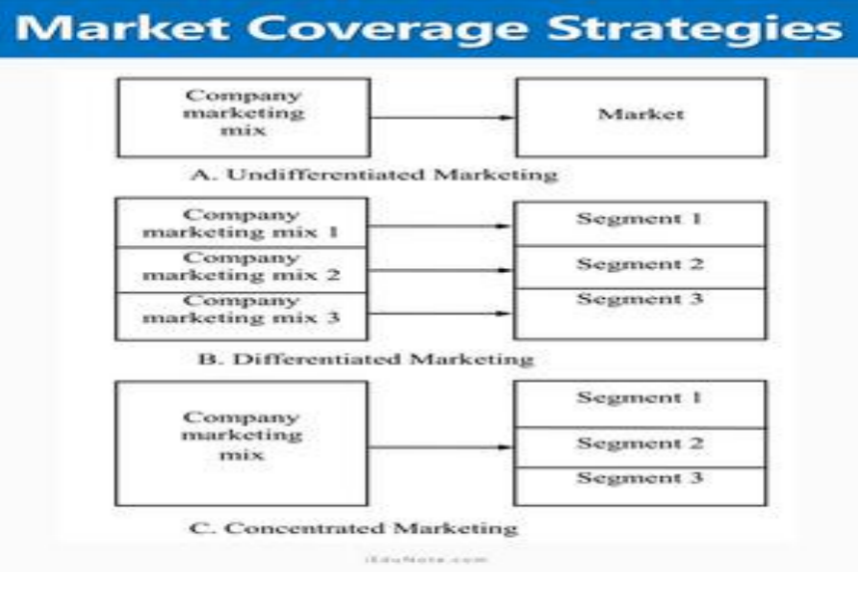For people with substantial financial means, insurance is frequently viewed as an essential protection rather than just a generous contribution. However, the intricate insurance industry is full of concealed charges and expensive “pitfalls” that could diminish your wealth if you're not vigilant. It is vital to grasp how to maneuver through this field to secure the coverage you want while avoiding excessive costs.
The Hidden Agenda of Insurance Pricing
Insurance premiums are not fixed; they result from a complex algorithmic calculation. Along with the well-known factors like age, health, and location, insurers employ many data-driven strategies to decide on your rates. For example, some companies now consider your social media activity to assess lifestyle risks. An innocent post about doing extreme sports might lead to higher premiums. Wealthy individuals are especially at risk from this “data-mining” pricing since insurers assume they have a higher risk tolerance due to their financial resources.
Another important yet often overlooked element is how reinsurance affects pricing. Reinsurance firms, which provide coverage for insurance companies, frequently carry out their own risk evaluations. If a reinsurer views a specific demographic or type of asset as too risky, it may cause widespread premium increases for policyholders, no matter what their individual risk levels are.

The Costly Allure of Excessive Coverage
A frequent mistake for wealthy consumers is the lure of over-insuring themselves. While it might appear wise to secure extensive coverage, having too many policies can quickly drain finances. Take luxury homeowners’ insurance, for instance; some plans include “replacement cost” coverage that vastly exceeds the true value of the home, often inflating the prices of custom features. Likewise, high-limit umbrella policies often come with significant premium costs that do not match the real risks involved.
Insurance companies frequently pack in unnecessary extras, marketing them as essential parts of the policy. These extras can include extended warranties on cars that are already protected by the manufacturer and “accidental death benefits” that overlap with current life insurance. Although these additions may seem small, they can greatly increase the total expense of your insurance.
Navigating the Brokerage Maze
In the purchasing process, insurance brokers have an important role; however, their motivations may not always align with what is best for you. Since many brokers get paid commissions based on the premiums they sell, this can lead to a conflict of interest. As a result, they might favor policies that come with higher fees, even when cheaper options are available. Additionally, some brokers practice “churning,” which means they encourage clients to change policies often, leading to extra fees and less coverage.

For high-net-worth individuals, it's essential to understand the distinction between captive brokers, who work for just one insurance company, and independent brokers, who can present a variety of choices. Captive brokers often have limited ability to negotiate prices, while independent brokers, though they might be more costly to hire, can offer impartial advice and a wider selection of options.
Strategies for Cost - Effective Coverage
To steer clear of costly insurance pitfalls, taking a proactive stance is crucial. Begin by performing a detailed risk evaluation. Individuals with substantial wealth often possess distinctive assets and liabilities that need tailored coverage. Rather than depending only on the insurer’s assessment, think about hiring an independent risk consultant who can offer an unbiased review of your requirements.

Then, be assertive in negotiations. It’s important to question premium hikes or the necessity of certain extras. Insurers are usually open to discussion, particularly for clients with high-value assets. Grouping multiple policies with a single insurer may yield notable savings, but ensure that this combined cost is genuinely less than buying each policy separately.
Lastly, it’s vital to periodically assess and refresh your policies. As your financial circumstances and way of life evolve, your insurance needs will change too. Conducting a yearly review of your policies can help you pinpoint and remove unnecessary coverage, ensuring that you only pay for what you legitimately require.In the insurance arena, being informed is empowering. By grasping the underlying elements that inflate costs and employing smart purchasing techniques, wealthy individuals can safeguard their assets while avoiding expensive insurance traps. Keep in mind that insurance acts as an investment rather than charity, and every dollar saved on premiums can be redirected to enhance your financial portfolio.




